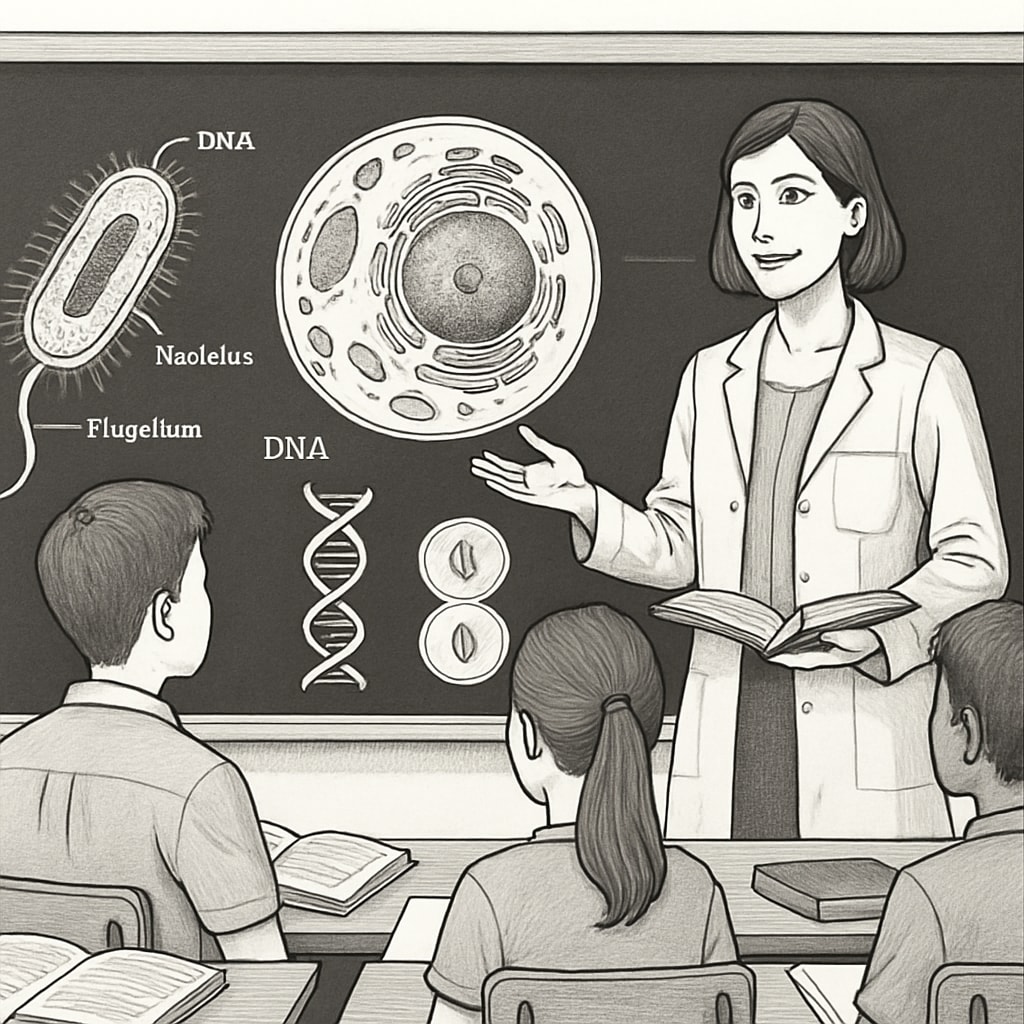Transitioning from a biology background to an education master’s degree presents a unique academic and career journey. For STEM (Science, Technology, Engineering, and Mathematics) graduates, this shift opens opportunities to contribute to K-12 education while applying their scientific expertise in innovative ways. However, this transition requires careful planning and a clear understanding of the challenges and opportunities. This article explores the feasibility of such a shift, analyzes potential obstacles, and provides actionable strategies to help biology students succeed in their pursuit of a master’s degree in education.
Why Transition from Biology to Education?
Biology graduates often possess a deep understanding of scientific principles, critical thinking skills, and a hands-on approach to problem-solving. These qualities are highly valued in the education sector, particularly in science education, where there is a growing demand for qualified teachers. According to the Encyclopedia Britannica, biology is one of the most versatile sciences, making it an excellent foundation for teaching diverse topics in K-12 systems. Additionally, pursuing a master’s degree in education equips biology professionals with pedagogical skills, classroom management techniques, and curriculum design capabilities.
For those passionate about education, this transition offers not only a rewarding career path but also an opportunity to inspire the next generation of scientists. As a result, many biology graduates find this academic shift both fulfilling and impactful.

Challenges in the Transition
While the transition from biology to education is feasible, it is not without its challenges. These include:
- Gaps in Pedagogical Knowledge: Biology graduates may lack formal training in teaching methodologies, classroom management, and student assessment.
- Licensing Requirements: Many education systems require certifications or licenses that may be unfamiliar to biology majors.
- Adapting to a New Field: The shift from a research-focused discipline to an interactive teaching environment can be daunting.
To overcome these challenges, it is essential to seek programs that offer strong support systems, such as mentorship opportunities, hands-on teaching practice, and coursework tailored to non-education majors.
Strategies for a Successful Transition
To ensure a smooth transition, biology graduates should consider the following strategies:
- Choose the Right Program: Look for education master’s programs specifically designed for STEM graduates. These programs often include pathways to teaching licensure.
- Leverage Your Science Background: Highlight your biology expertise when applying to programs or teaching positions. Schools value educators with strong subject-matter knowledge.
- Gain Classroom Experience: Volunteer or work as a teaching assistant to familiarize yourself with educational environments and practices.
- Network Within the Education Community: Attend education-focused events, join teaching organizations, and connect with experienced educators for advice and mentorship.

The Value of a Biology-Education Transition
Transitioning from biology to education can have a significant impact on both personal and societal levels. On a personal level, it allows individuals to pursue a career that aligns with their passion for teaching and mentoring. Moreover, it provides a stable and fulfilling career path with opportunities for growth. According to the Wikipedia article on Education, educators play a crucial role in shaping societal development, making this career shift a meaningful contribution to the community.
On a broader scale, having educators with strong STEM backgrounds enhances the quality of science education in schools. This is particularly important in an era where STEM education is a priority for global competitiveness and innovation. As a result, this academic transition not only benefits the individual but also contributes to the advancement of education systems worldwide.
Conclusion
The transition from a biology major to an education master’s degree is both a challenge and an opportunity. With the right strategies, such as selecting suitable programs and leveraging scientific expertise, biology graduates can successfully navigate this shift. This academic transformation enables individuals to make a meaningful impact in K-12 education, inspiring future generations to explore the wonders of science. For those passionate about both biology and teaching, this journey is a rewarding path worth considering.


